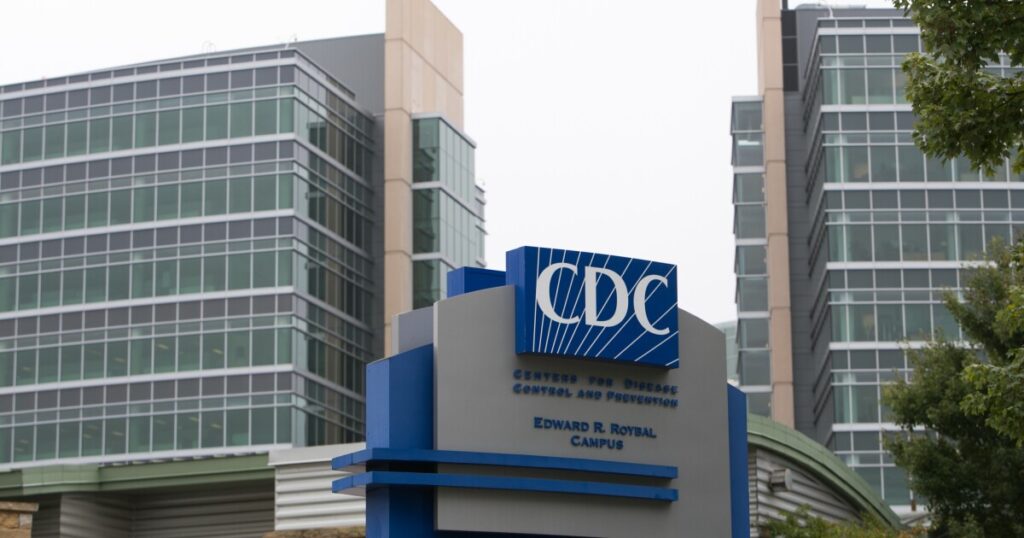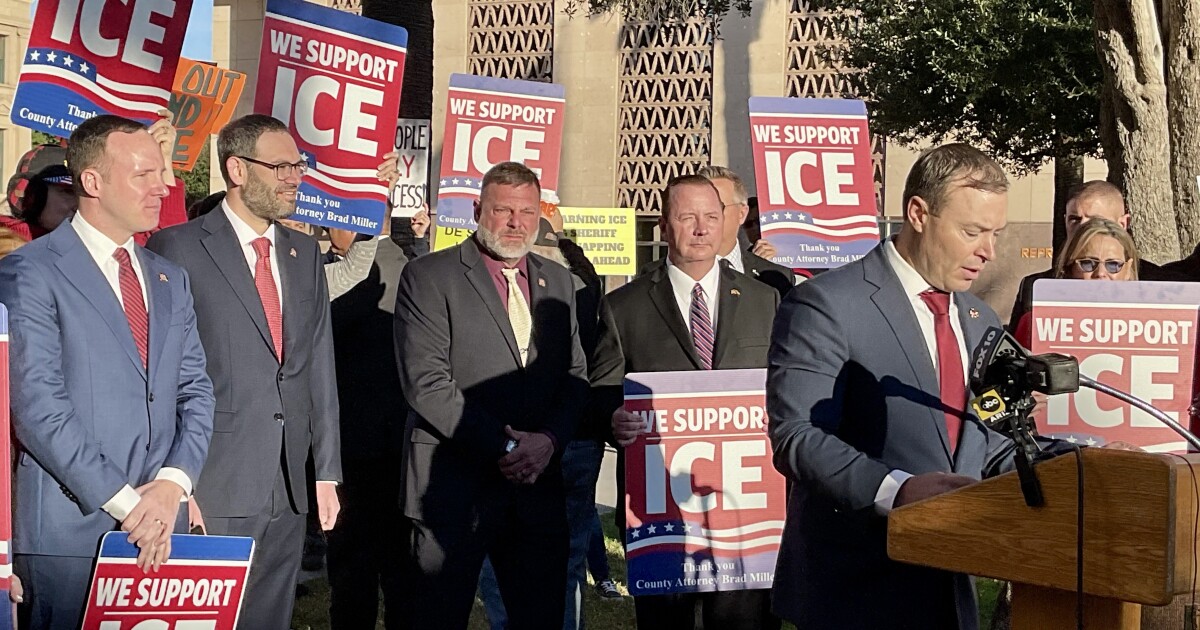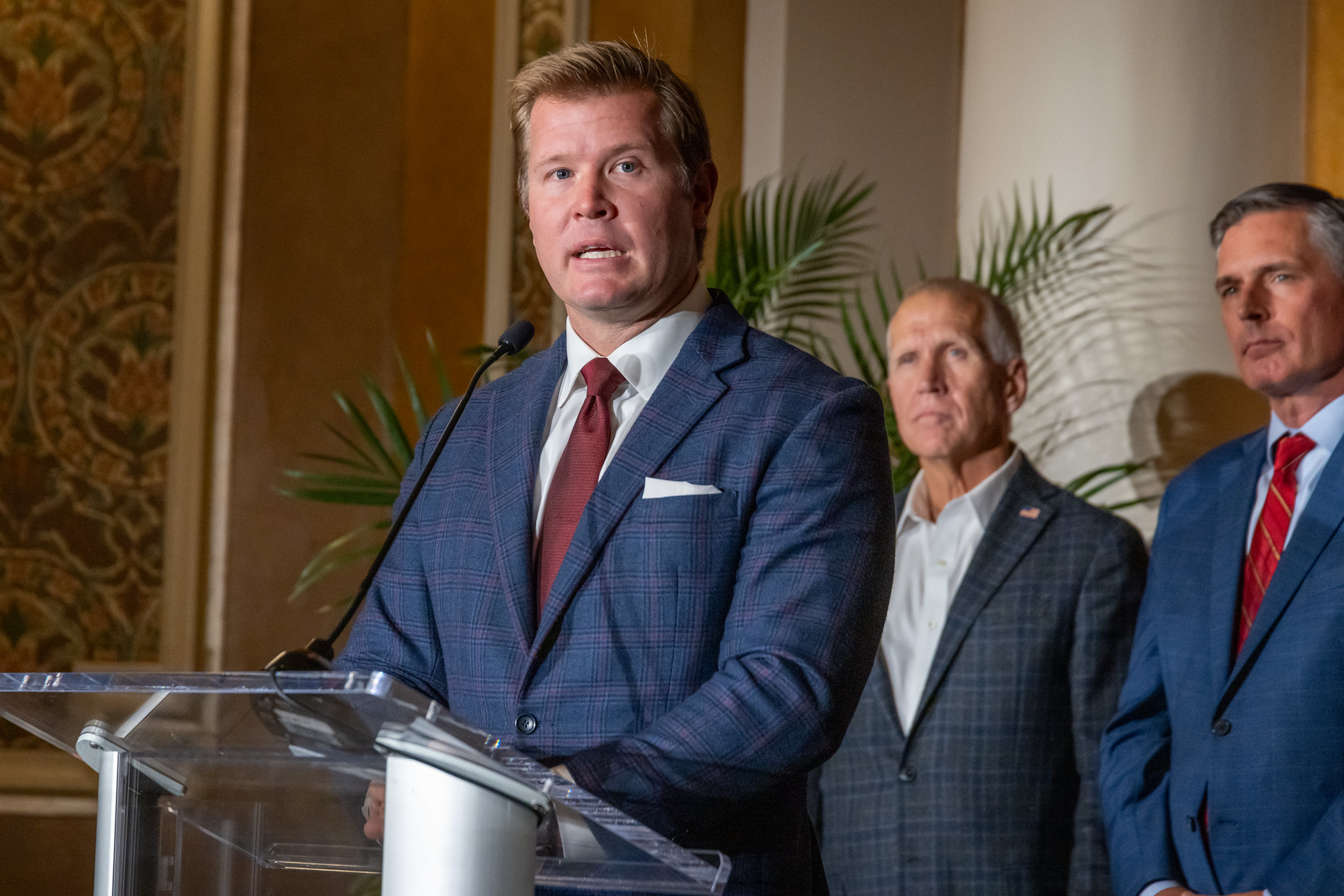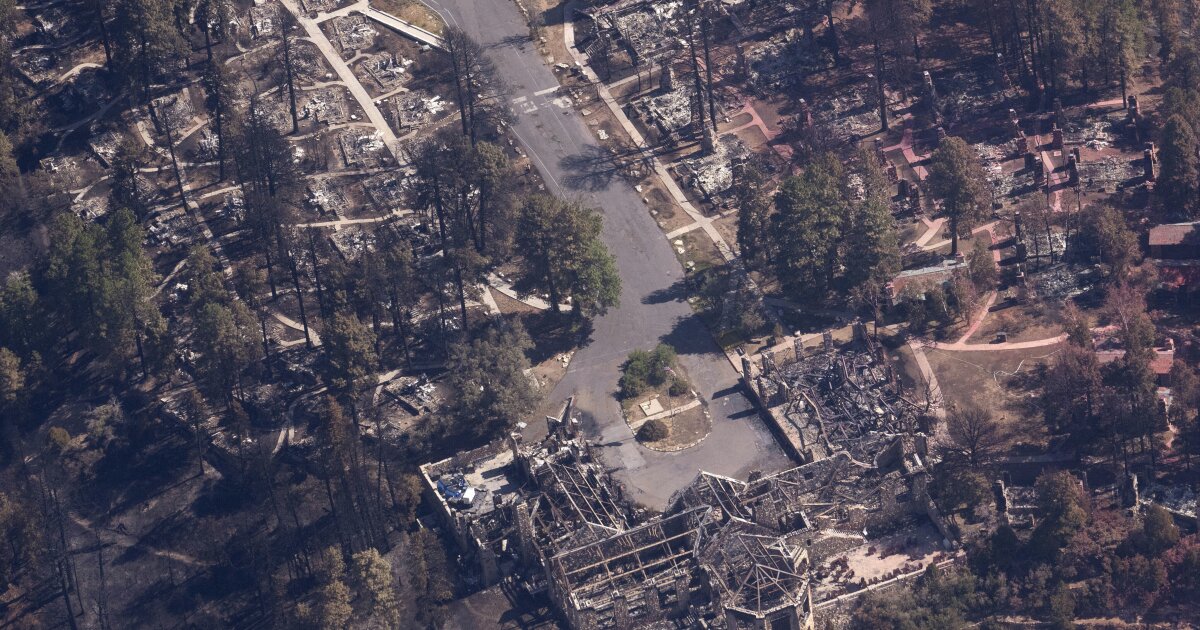In an unexpected development, a federal judge has mandated that federal health agencies reinstate several websites and datasets that were suddenly removed in January. This action has sparked concern among healthcare professionals and public health experts.
The temporary restraining order comes after a lawsuit by Doctors for America and Public Citizen. These organizations argued that the removal of such critical information was detrimental.
A Centers for Disease Control and Prevention spokesperson stated that the changes were made to comply with President Trump’s executive orders from January 20, which aimed at addressing what was termed “Gender Ideology Extremism” and revising diversity programs.
Resources due for restoration include HIV-related information, contraceptive guidance, and data on vulnerability to natural disasters. These resources are crucial for effective clinical trials and public health initiatives.
Judge John Bates, appointed by President George W. Bush, emphasized the adverse effects of the resources’ removal, particularly on underserved communities, in his written opinion.
The Department of Health and Human Services, the Food and Drug Administration, and the Centers for Disease Control and Prevention have until Tuesday midnight to restore the specified webpages. By week’s end, they must also reinstate other vital resources.
Uncertainties Surround the Extent of Data Changes
“This is a very strong decision,” remarked Dorit Reiss, a law professor at the University of California College of the Law San Francisco, highlighting the legal flaws in the government’s actions due to lack of notice and clarity.
The Health and Human Services Department did not respond to NPR’s inquiries regarding the order.
While many webpages have been restored on CDC, FDA, and HHS platforms, the extent of missing or altered information remains uncertain. “There’s a lot of shifting ground here,” said Zach Shelley from Public Citizen Litigation Group, expressing hope for a comprehensive restoration following the court’s directive.
The unexpected removal of these sites has led to an urgent response from the scientific community, including efforts to archive crucial data. Dr. Joshua Sharfstein and others have voiced their concerns about the potential impact on disease monitoring and public health funding.
Sharfstein, a professor at the Johns Hopkins Bloomberg School of Public Health, stressed the importance of informed decision-making regarding public health resources. “Some of these websites provided actual recommendations on how to take care of patients,” he noted, likening them to indispensable medical manuals.
Copyright 2025 NPR
—
Read More Michigan News










